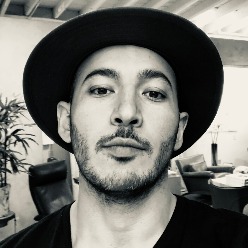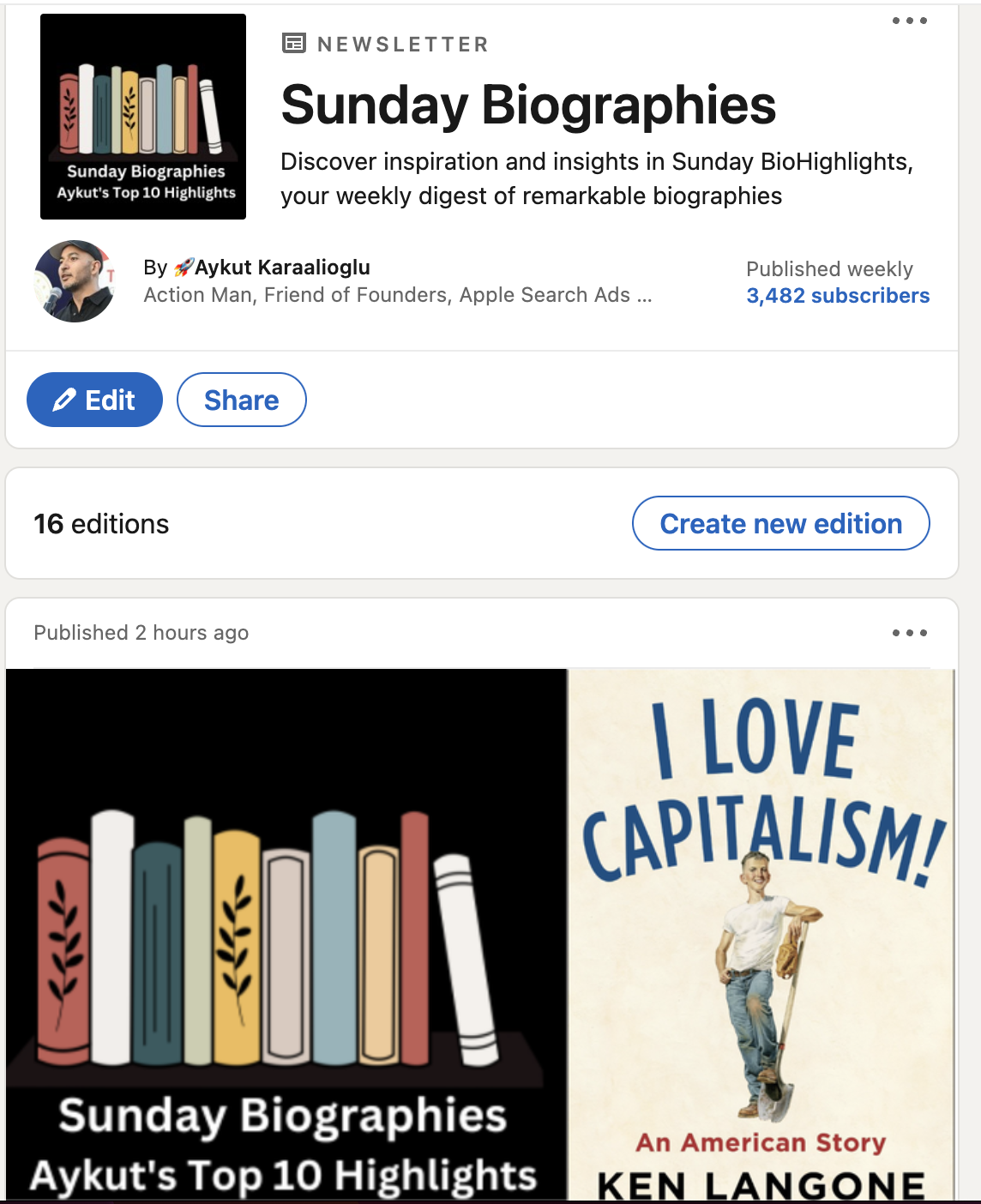My last post was about making a dish; this one is about soup 🙂 Don’t worry, guys, I’m not planning to open a restaurant, at least for now.
I recently experienced the concept of “malatang,” which is technically a hot pot. Instead of receiving a hot soup base in front of you where you cook and dip your meat or veggies, you pick whichever soup base you want. Everything is the same price; they only charge you based on the weight of the ingredients. They cook it for you and bring it to your table. All you need to do is choose your soup base, whether it’s original (beef-based), mushroom, or tomato-based.
Rather than being just another soup/ramen place, they’ve done something different, and I love the taste. I’ve already shared it with my close circle. I’ve become their ambassador, at least for now. I’ll be trying it again this week and can’t wait to go back.
Recently, I’ve been observing and trying to understand how restaurants and other small businesses operate. Technically, not many have VC funding (although some do, but in most cases, it doesn’t go well-I’ll write about this more detailed later). You’re expected to turn a profit on your investment within six months. If you don’t, you’re likely doing something wrong. (My father-in-law has been a restaurateur for almost 35+ years, and that’s his benchmark.)
I believe that, given the current market situation, every startup should operate like a restaurant that wants to survive, thrive, and grow. It all boils down to cash flow. Startups need to monitor their expenses closely. If they aren’t seeing a positive return on investment, they should cut those costs and address the underlying issues if they hope to survive.

